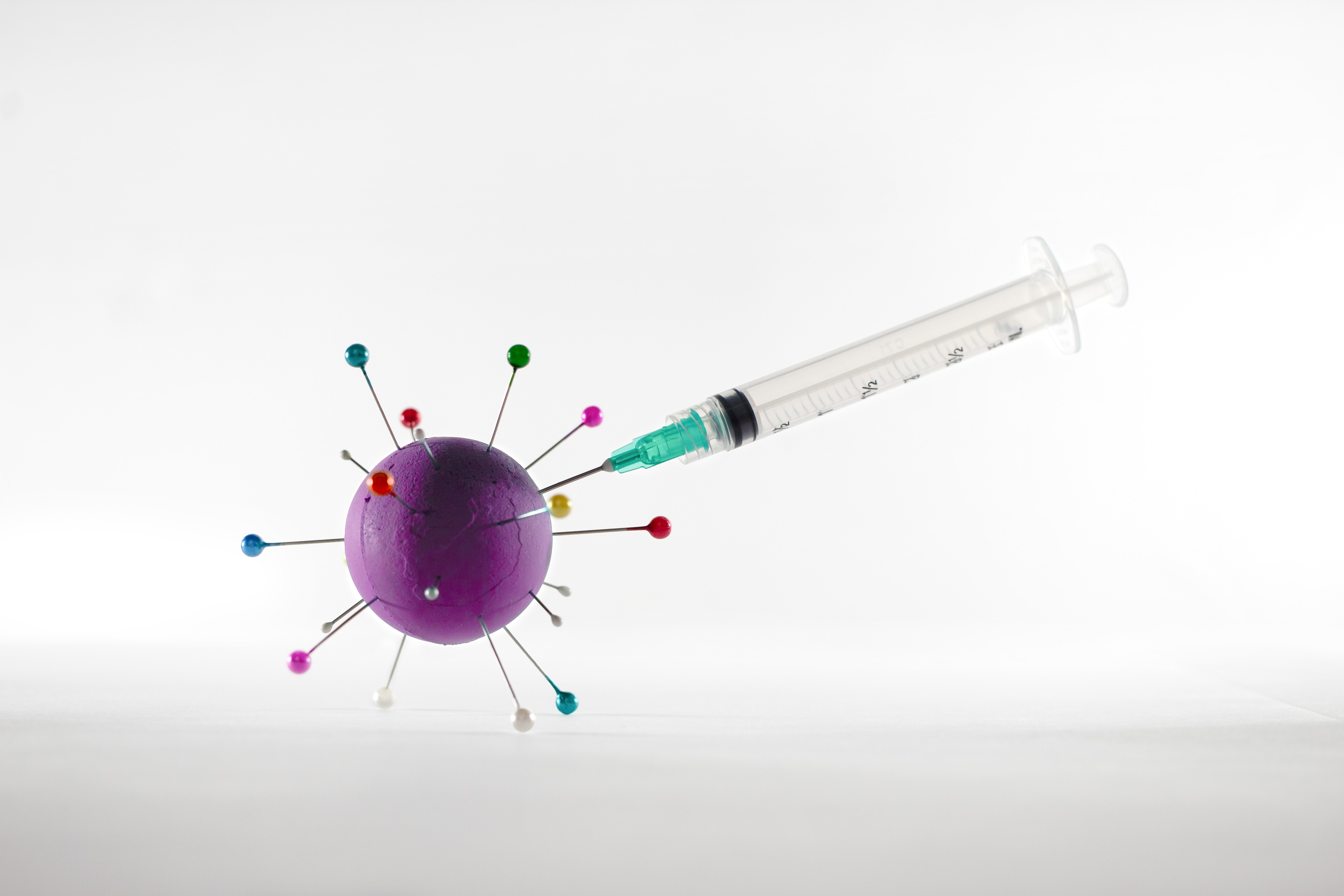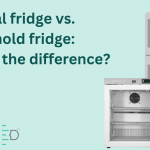
Coronavirus is continuing to put pressure on the NHS and healthcare practices throughout the UK, however, that hasn’t stopped the UK from becoming the fourth most vaccinated country in the world against Coronavirus.
In fact, recent figures show that over 34% of UK adults have now been fully vaccinated against COVID-19, whilst 57% of adults have now had their first vaccine.
The vaccine rollout has not been without its challenges though. The UK’s vaccine program has presented several cold-chain challenges, with the Pfizer, AstraZeneca and Moderna vaccines all needing a cold-chain supply to support them.
That’s where medical fridges and freezers come in. Once COVID-19 vaccines have been transported by refrigerated lorries and received at vaccination centres, they must be kept between the temperatures of +2-8°C to ensure they’re effective. Only medical fridges can offer the precision that’s needed for this.
CoolMed medical fridges are lockable, offer highly efficient temperature control, feature external temperature displays and sound an alarm if the temperature fluctuates, if there’s a power failure or if the fridge door is left open. These features all work to ensure vaccines do not become spoiled, and therefore, wasted.
What’s made the vaccine rollout even more complicated are the differing transportation and storage methods that need to be employed for the 3 different vaccines.
Pfizer BioNTech Vaccine Storage
The Pfizer vaccine has a maximum shelf life of 6 months if stored in an ultra-low medical freezer between the temperatures of -80°C and -60°C. Once removed from the freezer, the vaccine can be stored for up to 31 days in a medical fridge between the temperatures of +2°C and +8°C.
Only recently has this guidance been implemented. Previously, it was suggested that the Pfizer vaccine could only be stored at fridge temperature for up to 5 days. It is hoped that the updated advice will make Pfizer vaccine “storage easier and possible for a wider range of health facilities.”
The new guidance will also enable greater flexibility in vaccine storage, transport, deployment and help to significantly reduce cold-chain compliance issues.
AstraZeneca Vaccine Storage
The AstraZeneca vaccine also has a maximum shelf life of 6 months; however, this vaccine can be kept at fridge temperature (+2°C to +8°C) throughout. Once removed from the fridge, the vaccine can be stored at room temperature (+2°C to +25°C) for up to 6 hours.
As the AstraZeneca vaccine does not need to be frozen at any point in its life cycle, it can be readily available to transport and has been the key to reaching people in more rural and underfunded areas.
Moderna Vaccine Storage
The Moderna vaccine can be stored for up to 7 months, giving it a slightly longer shelf life than the other COVID vaccines. The Moderna vaccines require freezing between the temperatures of -25°C and -15°C. After the vaccines have thawed, the vaccines can be kept refrigerated for up to 30 days between the temperatures of +2°C and +8°C.
Due to the specific conditions needed to transport and store each COVID-19 vaccine, it’s easy to see how they can quickly become spoiled; however, specialist medical fridges mitigate these risks by playing a fundamental role in the reduction of waste vaccines.
If you would like to know more about our range of medical fridges, or how we can help with vaccine storage, then please contact a member of the CoolMed team here.
Featured Products
-

Solid Door Small Refrigerator CMS29
£542.39 £451.99 excl. VAT Add to cart -

Glass Door Small Refrigerator CMG29
£592.79 £493.99 excl. VAT Add to cart -

Solid Door Small Refrigerator CMS59
£693.59 £577.99 excl. VAT Add to cart -

Glass Door Small Refrigerator CMG59
£755.99 £629.99 excl. VAT Add to cart -

Solid Door Medium Refrigerator CMS125
£1,133.99 £944.99 excl. VAT Add to cart -

Glass Door Medium Refrigerator CMG125
£1,259.99 £1,049.99 excl. VAT Add to cart -

Glass Door Large Refrigerator CMG300
£1,763.99 £1,469.99 excl. VAT Add to cart -

Solid Door Large Refrigerator CMS400
£2,141.99 £1,784.99 excl. VAT Add to cart






